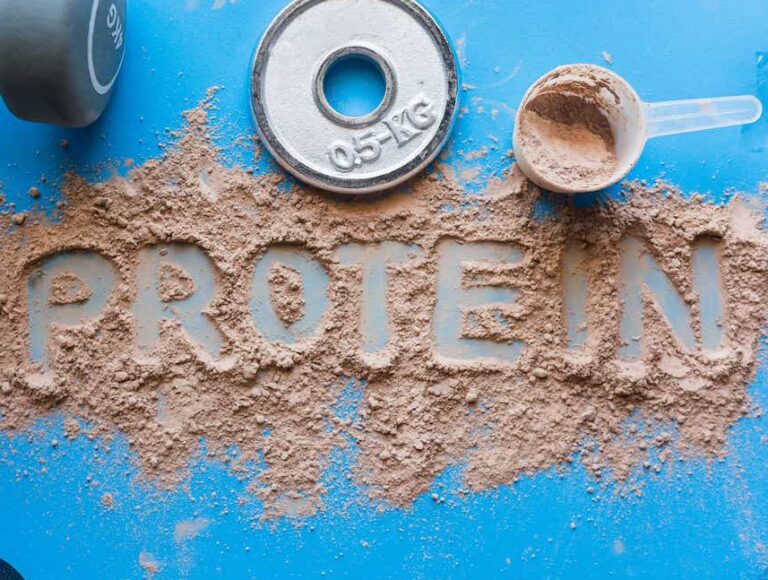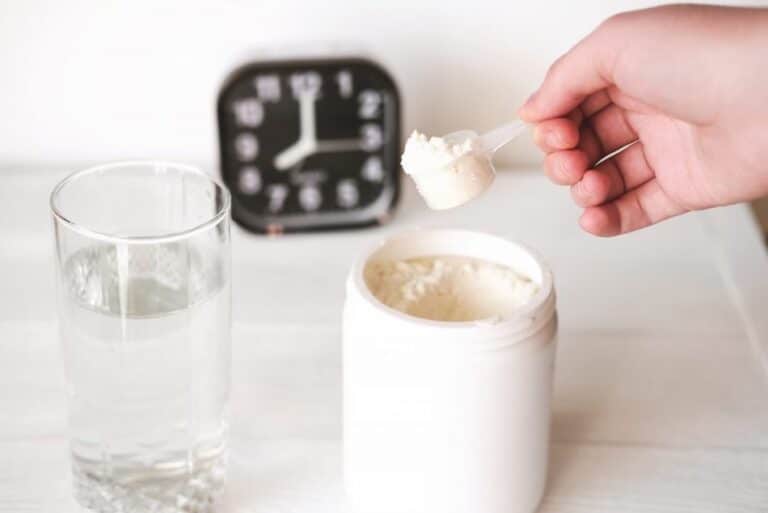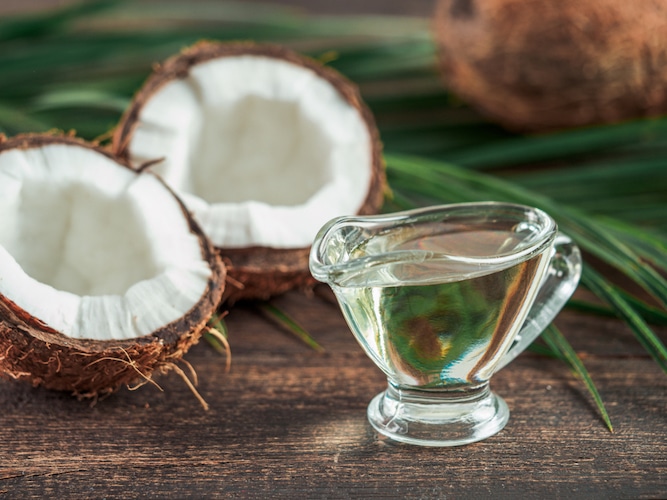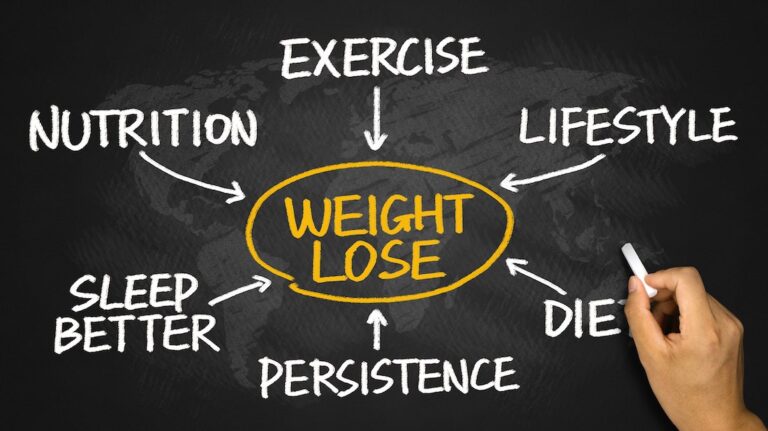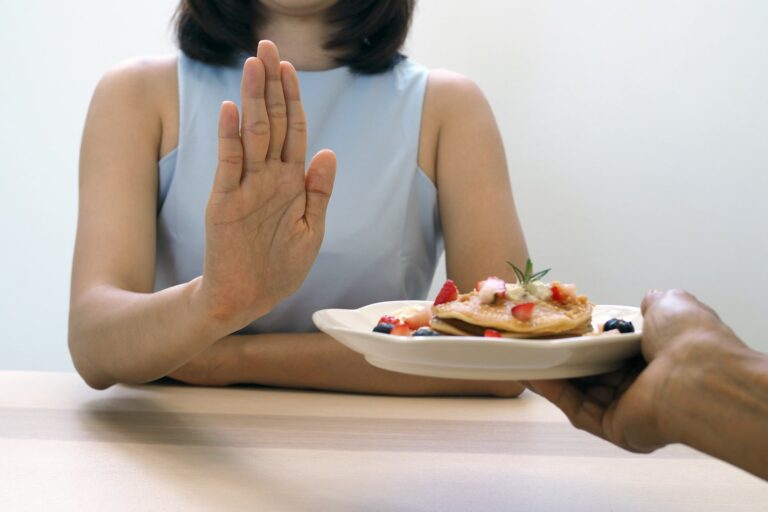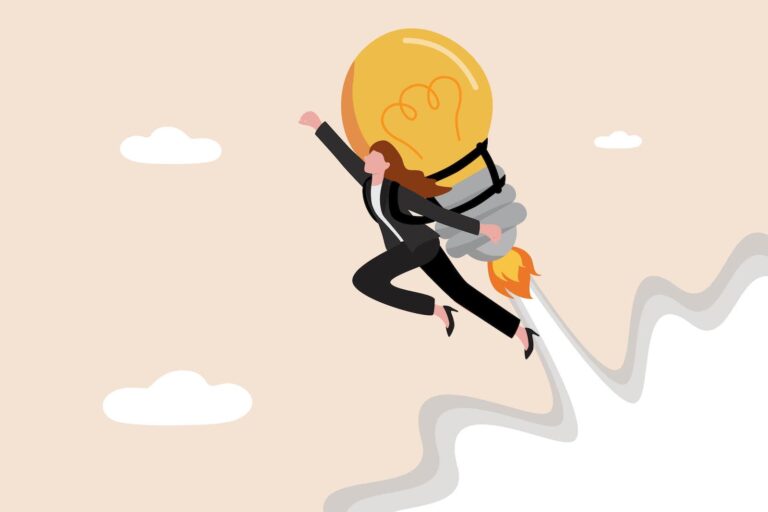Imagine that your brain has a special button called the “pleasure button.” When you do something fun or exciting, your brain presses this button and you feel great. This happens because the brain releases a substance called dopamine – it’s like a little spark of happiness.
When people drink alcohol, it’s a bit like this pleasure button is pressed too much and too fast. Eventually the button gets a little worn, and the normal things that used to be fun, like playing games or hanging out with friends, aren’t as fun anymore without alcohol.
Socially unacceptable to quit alcohol
Socially, alcohol is one of the least accepted habits you can quit. This is despite the fact that everyone knows that alcohol is toxic. It says something about where society is today.
Most people don’t think about how much alcohol affects their everyday life as most people think they are reduced from alcohol when they still have a headache or feel nauseous. Most people don’t think about how much it can affect the reward center over time for someone for weeks and months.

What does alcohol do to the brain?
Alcohol can affect the brain in a way that sometimes makes you feel really happy, and other times it can make you feel not so good. When people drink heavily and frequently, the brain can become accustomed to the alcohol and begin to expect it to feel happy.
This can make it harder to find joy in the ordinary things in life, like playing with friends or enjoying a sunny day without alcohol in your bloodstream.
Alcohol is borrowing from the pleasures of the future
When you go to the bank and borrow money, do you know what the joy is like when you buy what you borrow money for? But every time you pay off an installment afterwards, you’re a little less happy each time? The same happens with alcohol.
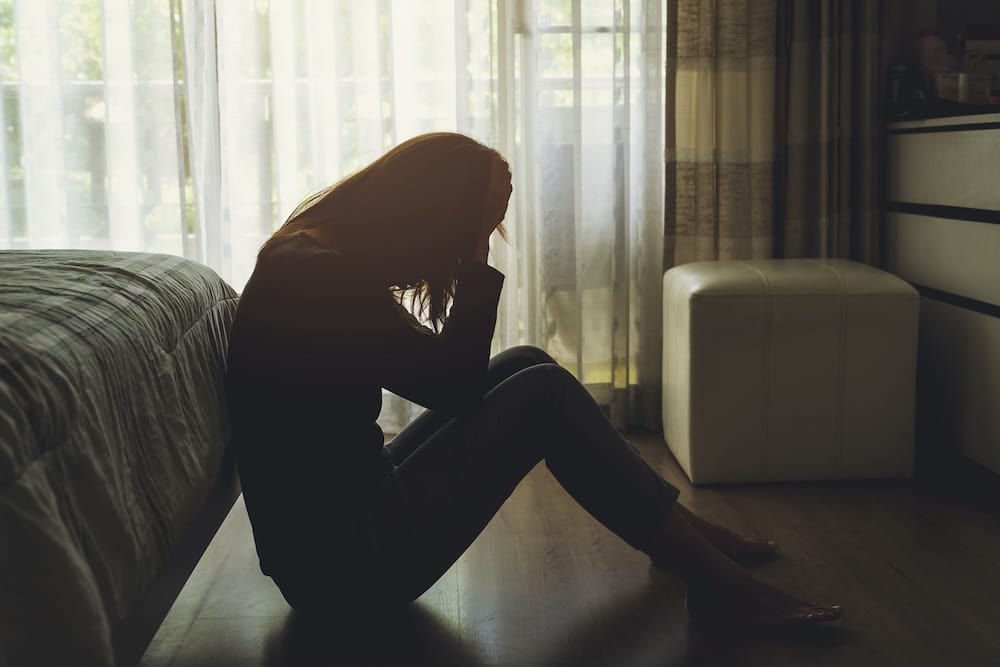
Alcohol affects the brain in two powerful ways that make you feel happier and less depressed. But as you’ve probably experienced many times before, you’re borrowing from the future. You’ll be repaid with interest and will feel worse off overall. Who hasn’t felt unease the next day in the form of anxiety?
Most people don’t realize how long it takes for the reward center to find its natural level even after just one weekend of fun.
10 negative consequences of alcohol
What does science say?
So, what does the science say? Studies have shown that excessive alcohol consumption can suppress the brain’s ability to respond to dopamine, resulting in less pleasure over time. But when you cut out alcohol, the brain can begin to repair itself. The good news? This can lead to improved mood, clearer thinking and a stronger sense of motivation.
What can you expect if you leave the bottle on the shelf?
What can you expect?
So, if you’re thinking of giving alcohol a break, what can you expect? Many report improved sleep quality, more stable mood and an increase in energy. But more importantly, many are discovering a new ability to enjoy the little things in life without having to lean on a glass of alcohol.
The brain finds its normal rhythm over time
But when we take a break from alcohol, the brain slowly but surely begins to return to its normal rhythm.
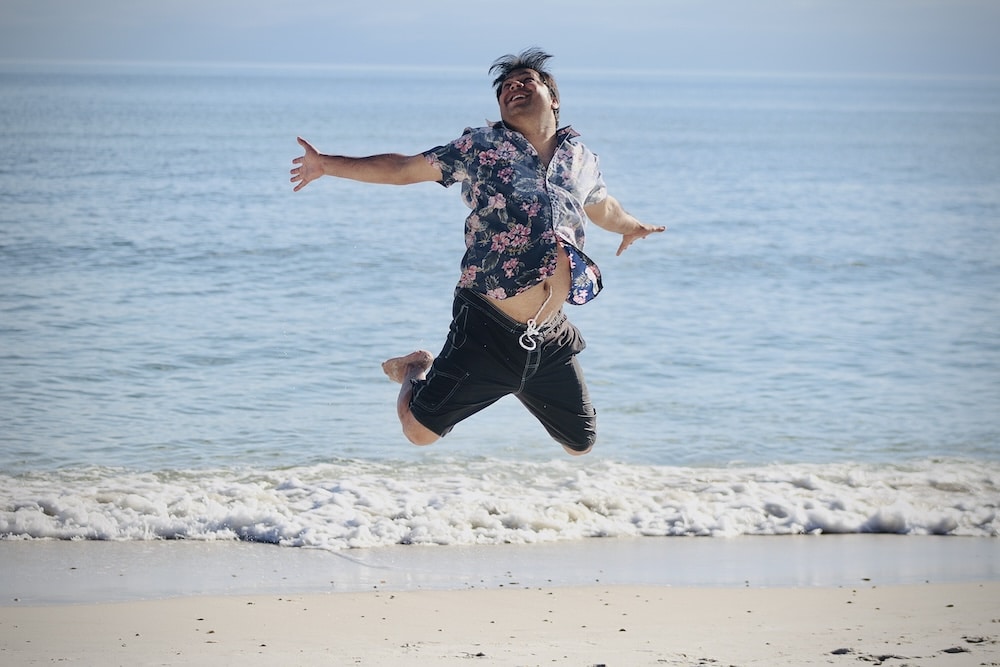
Suddenly, the little things – like enjoying a conversation, completing a task or just taking a walk – start giving us a natural dose of dopamine again. And for those who have put alcohol on the shelf, they may find that the motivation to take on challenges is greater and everyday life is filled with more genuine joy.
My personal experience
Quitting alcohol is something I thought about for a long time and often suggested without being taken seriously. It was actually the addiction I felt it was the least acceptable to quit. I think that’s common to many. With small children and a busy life, many weeks could pass between each drop.
But being around others who drank alcohol without drinking myself felt uncomfortable.
Even after three months, I still noticed improvements week to week on concentration and general mind control. Less brain fog and clearer mental focus is something that continued to improve after the alcohol was shelved.
Could I have fun without alcohol then?
Think hard, imagine the best summer days with your best friends or family you love. How often do those memories involve alcohol?
For me, it was frighteningly often! Why has society become such that in order to enjoy a day at sea in the summer heat, you have to drink alcohol?
Skiing without going après-ski afterwards? Why should it be “drunk” every day at the cabin at Christmas? For many, even if there are children there too.
This is how society has become today and many people have a lot of “fun”. But the truth is that the vast majority of people have not experienced a reality that is different without alcohol.
Chose people I was fond of
That’s what I felt I was doing when I made the choice to quit alcohol completely. As many of my good friends, it had been many years since I had done anything with them that didn’t involve alcohol.
The reality still surprises me!
As the months went by, I found that I became more and more positive when I was invited to parties as I no longer felt like I was setting my body and mind back three weeks every time I went to a party.
Good conversations and less hopping
I gradually noticed that going to parties became more about meeting people and having social contact. Now I feel I have more time left to stay in bed until one o’clock after five hours of good conversations and sharing experiences.
Are good conversations and new relationships more rewarding than jumping on the floor or stopping on the way home because of “motion sickness”?
Therefore, as the reward center has gotten used to going to parties and gatherings without alcohol, I’ve started to look forward to going more than I did before.
Summary
So should you give up alcohol? I sincerely believe that everyone should stop drinking alcohol, as I think that everyone would have a better everyday life as I have. But there’s no quick fix if that’s what you’re looking for.
It’s a long process that should ideally be combined with other good habits such as a healthy diet and exercise and a focus on becoming a better version of yourself.

